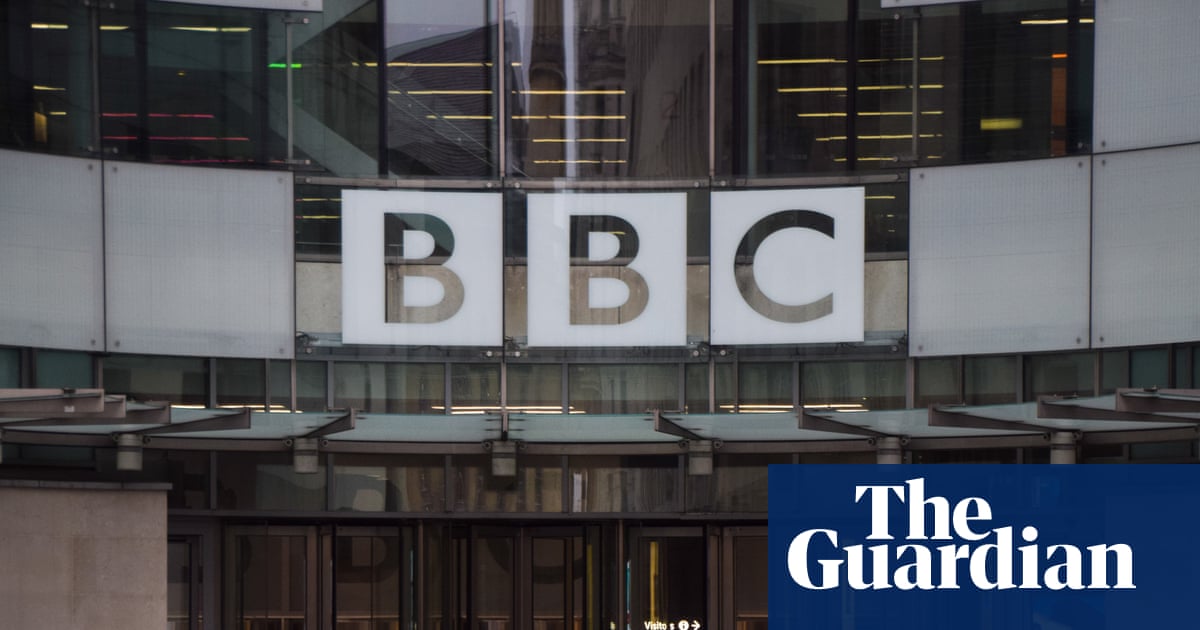JLR has restarted a limited number of computer systems, as Britain’s largest automotive employer scrambles to recover from a crippling cyber-attack.
The maker of Jaguar and Land Rover cars said it had regained the ability to repay suppliers, send parts to mechanics to repair vehicles on the road, and to send finished cars that were at its factories to showrooms.
The company also said that “the foundational work of our recovery programme is firmly under way”, although it was unable to give guidance on when its factories in the UK, Slovakia, India and Brazil would be able to reopen.
JLR has not been able to assemble cars since the start of the month, after cyber-attackers penetrated its computer systems. The company was forced to shut down most of the computer systems it uses to track parts, vehicles and tooling in its factories, as well as everything to do with actually selling its luxury Range Rover, Discovery and Defender SUVs.
Government ministers have been in near-daily contact with JLR and some of the companies in its supply chain to assess whether it can provide targeted support to prevent supplier collapses. One option under consideration was the government buying parts from suppliers.
Analysts suggest that JLR will be able to survive, albeit at heavy cost. A report in the Insurer on Wednesday suggested that JLR had not bought cyber insurance cover. The production shutdown has proven disastrous for many of the companies in the manufacturer’s supply chain, which have had to cope with a sudden freeze in the cash coming into the business.
JLR has restarted payment systems in order to pay invoices for parts already delivered that had not been paid before the hack. The Guardian last week reported that payments had restarted using workarounds, but on Thursday JLR said that it had “significantly increased IT processing capacity for invoicing” in order to “clear the backlog of payments to our suppliers as quickly as we can”.
The company also said that its global parts logistics centre was “now returning to full operations”, so that existing customers will be able to secure parts for repairs, an important step to avoid alienating previous buyers. The company was worried that the backlog for spares could build up quickly, according to a person with knowledge of operations.
after newsletter promotion
JLR also said that its financial system for wholesale deliveries to retailers had been brought back online, enabling it to start bringing in cash once more. A spokesperson declined to comment on how many finished vehicles JLR has in its stocks.

 1 month ago
48
1 month ago
48

















































